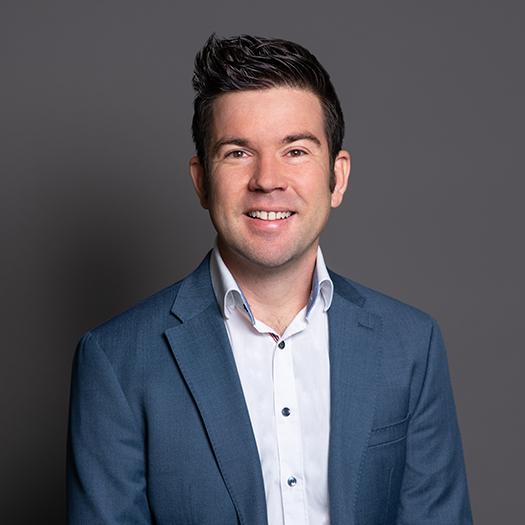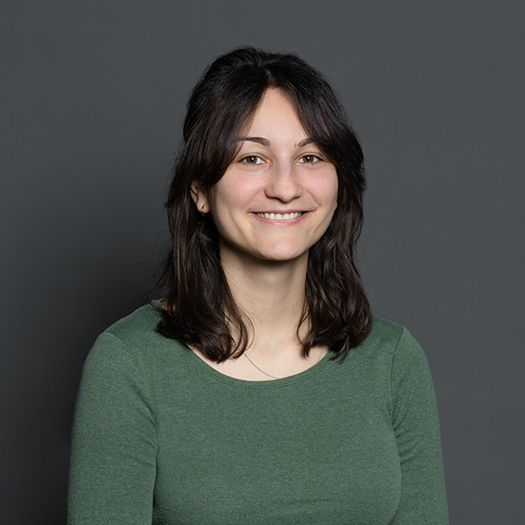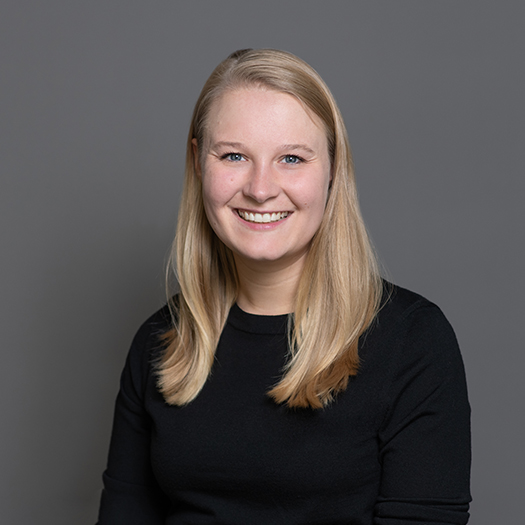Improving energy efficiency in low-income households: Empirical evidence and field experiments
Improving energy efficiency in low-income households: Empirical evidence and field experiments
Low-income households face multiple challenges in the transformation towards a zero-carbon economy in Germany. This social group is both proportionally more burdened by price-based instruments and exhibits a lower elasticity of energy demand compared to higher-income households. This situation is not a marginal phenomenon: About 16 percent of all households in Germany are considered as low-income. At the same time, despite the fact that these households are particularly affected and despite the attention they receive in the public debate, low-income households have been little researched and thus empirical evidence on this group lacks in the discussion. The project "Improving Energy Efficiency in Low-Income Households: Empirical Evidence and Field Experiments" (ERWIN) fills an important evidence gap on the design of transformation programs which explicitly target participation by the most economically vulnerable. The project analyzes a new dataset on the energy-related behavior of nearly 400,000 low-income households that have participated in one of the largest nationwide programs to support energy efficiency among low-income households in Germany. The analysis provides new insights into how low-income households respond to financial and behavioral incentives to upgrade their energy-intensive household appliances. As part of a field experiment, other important non-financial dimensions of the program design are systematically varied across households. Various behavioral interventions, such as framings and cognitive reminders, are developed in collaboration with staff from this program and implemented in a Randomized Controlled Trial. Thereby, ERWIN gains direct access to an under-researched social group, and contributes to evidence-based development and improvement of transformation programs.



